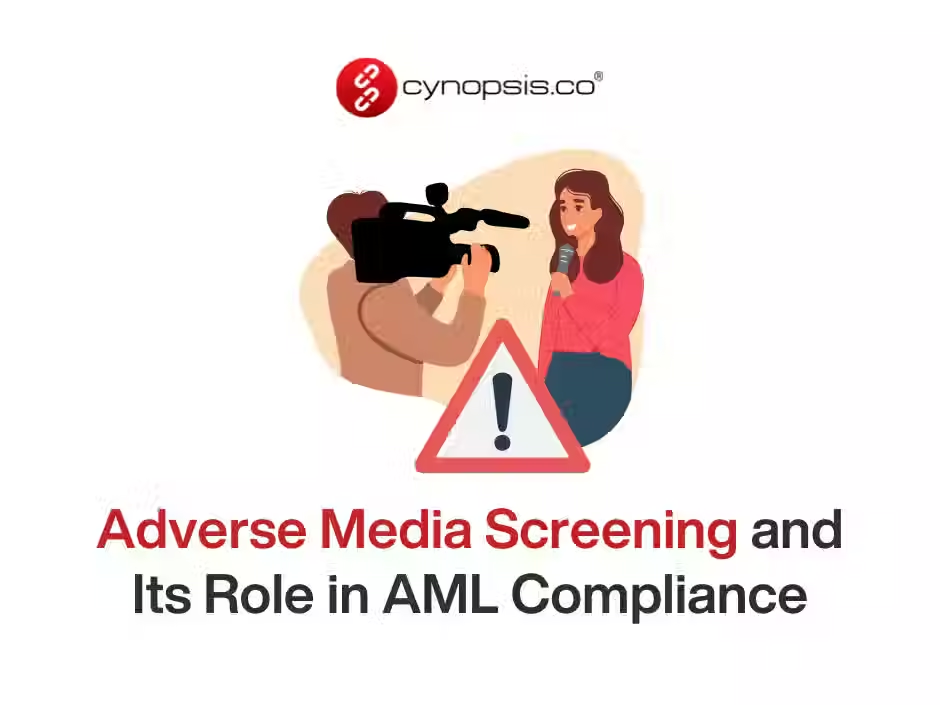What today’s FATF Mutual Evaluation report on the UK means for regulated industries
- Avere Hill
- Dec 13, 2018
- 2 min read
Updated: Jun 7, 2025

The Financial Action Task Force (FATF) recently published its UK Mutual Evaluation Report. The report is a peer-review “health check” on how well the UK is doing at regulating against money laundering and terrorist financing, and, crucially, enforcing those regulations.
The report’s outcome has been eagerly awaited by the UK government, which has committed itself publicly to “strong action” against dirty money. It is keen to show that the UK is taking a tough stance on illicit financial activities with measures such as the Unexplained Wealth Orders, aiming to get people to “play by the rules.”
The key headlines from the report are that “the UK has a well-developed and robust regime to effectively combat money laundering and terrorist financing. However, it needs to strengthen its supervision and increase the resources of its financial intelligence unit.”
The report, and more importantly the government’s reaction to it, could have significant implications for industries such as lawyers, accountants and real estate agents, collectively known by FATF as Designated Non-Financial Businesses and Professionals. The report notes that while there are strong features of the current supervisory system, the intensity of supervision is not consistent across all these sectors and that “the UK needs to ensure that supervision of all entities is fully in line with the significant risks the UK faces.”
The key thing now is how the government reacts to this report but it seems reasonable to assume that that reaction could include greater scrutiny of and tougher fines for firms not conducting proper Know Your Customer (KYC) checks.
The report and the government’s reaction to it may well prompt firms to review their KYC procedures. Some may find they are not sufficient for the new world order and many still rely on labour-intensive, highly manual processes that are costly, inefficient and prone to human error. Help is at hand in the burgeoning Reg-Tech industry where many firms, such as ours, are helping firms to automate their KYC client onboarding and ongoing monitoring processes. This ongoing monitoring, including in areas such as suspicious transaction monitoring, are likely to be particularly important as this was an area identified in the report as needing particular focus.
One thing is for sure, greater regulatory scrutiny for these industries is coming and after this report, it seems likely that we’ll see an increase in supervisory measures and in the reporting and investigation of suspicious transactions. Ensuring firms’ KYC processes are robust and integrated is likely to have just got pushed further up the compliance agenda.
Avere Hill, Co-Founder and EMEA CEO, of automated KYC software provider, Cynopsis Solutions


